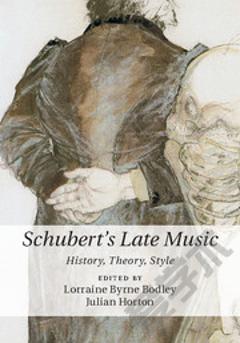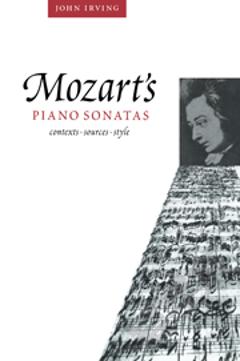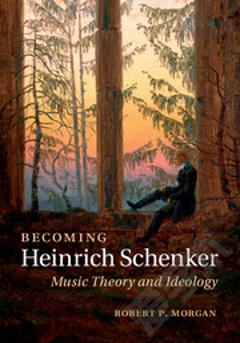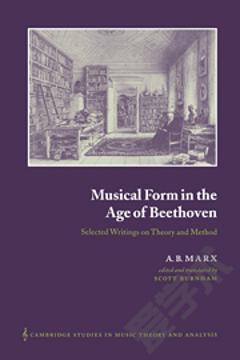Schubert's Late Music: History, Theory, Style
Introduction: Schubert's late style and current musical scholarship Lorraine Byrne Bodley Part I. Reception Histories: 1. 'Classical' music and Viennese resistance to Schubert's Beethoven project John M. Gingerich 2. Beethoven, Schubert, and the movement of phenomena Scott Burnham 3. [Un]Himmlische Lange: editorial intervention as reception history Anne M. Hyland 4. Citation, narrative and meaning: Woody Allen and the late Schubert Harry White Part II. The Late Instrumental Music (1): Hermeneutics and Performance: 5. Schubert's alchemy: transformative surfaces, transfiguring depths Robert S. Hatten 6. Against the grain: Op. 78 and a hermeneutics of late style Richard Kramer 7. Schubert's Wiegenlied: the Andante sostenuto from the Piano Sonata in B flat, D. 960 Eric Wen 8. Schubert's reconciliation of gothic and classical influences Marjorie Hirsch 9. The first movement of Schubert's Piano Sonata D. 959 and the performance of analysis Julian Horton Part III. The Late Instrumental Music (2): Meaning and Genre: 10. Schubert hearing Don Giovanni: Mozartian death music in the 'Unfinished' Symphony Glenn Stanley 11. Longing for the unattainable: the second movement of the 'Great' C major Symphony Lauri Suurpaa 12. Tonal recollection in Schubert's late instrumental music Ryan McClelland 13. Detours, wrong tracks, and dead ends: the 'wanderer' in the labyrinth of Schubert's late instrumental music Xavier Hascher 14. Formal ambiguity and generic reinterpretation in the late instrumental music Su-Yin Mak Part IV. Defining Late Style: 15. The 'problem of solitude' and critique in song: Schubert's loneliness Susan Youens 16. Music of the orphaned self? Schubert and concepts of late style Lorraine Byrne Bodley 17. Bounded finitude and boundless infinitude: Schubert's contradictions at the 'final barrier' Blake Howe 18. Invocations of memory in Schubert's last songs Jurgen Thym 19. 'The prerogative of late style': thoughts on the expressive world of Schubert's late works Benjamin M. Korstvedt 20. Singing against late style: the problem of performance history Laura Tunbridge.
{{comment.content}}








 京公网安备 11010802027623号
京公网安备 11010802027623号